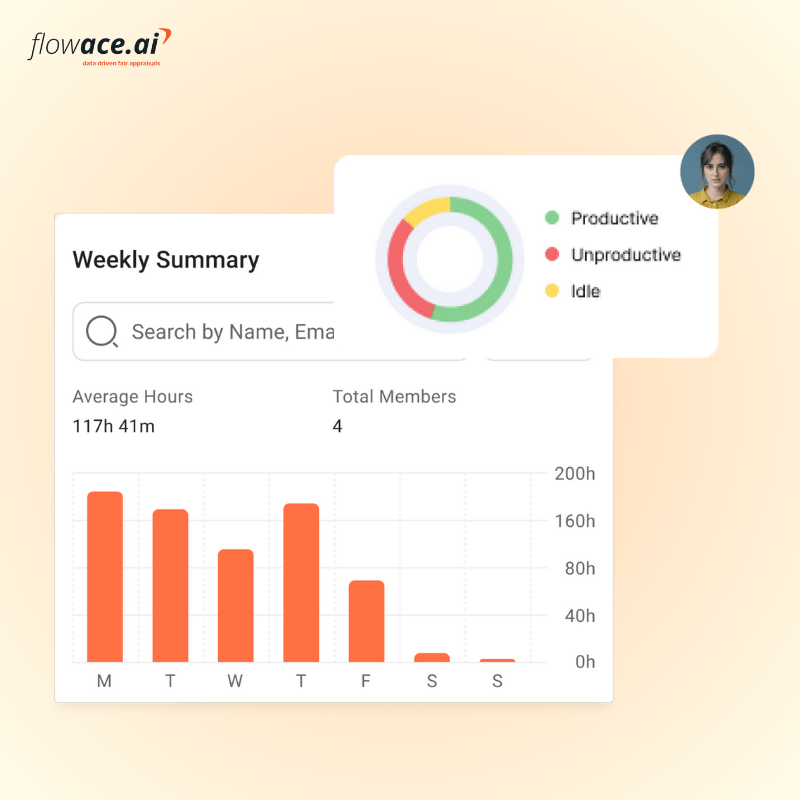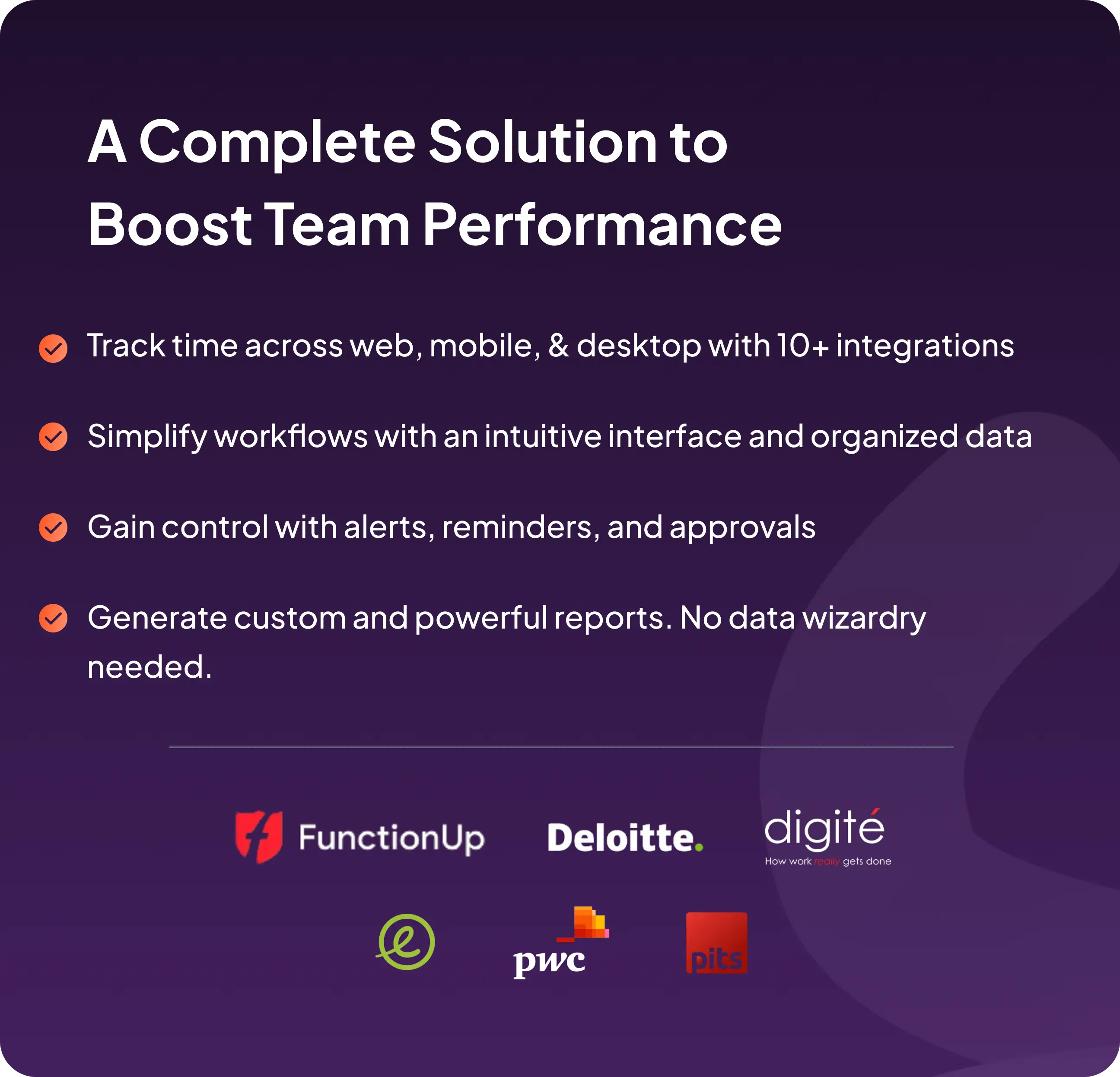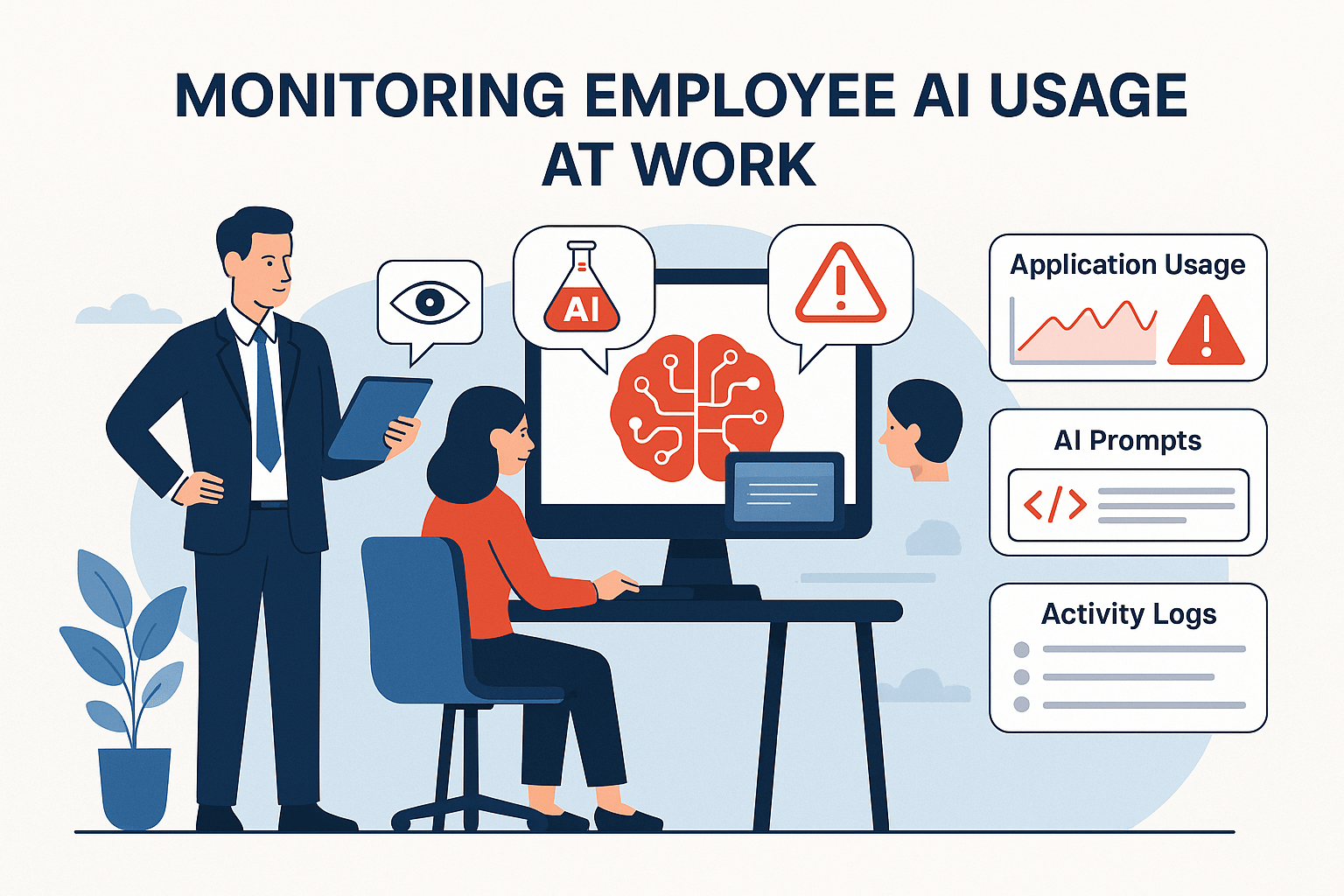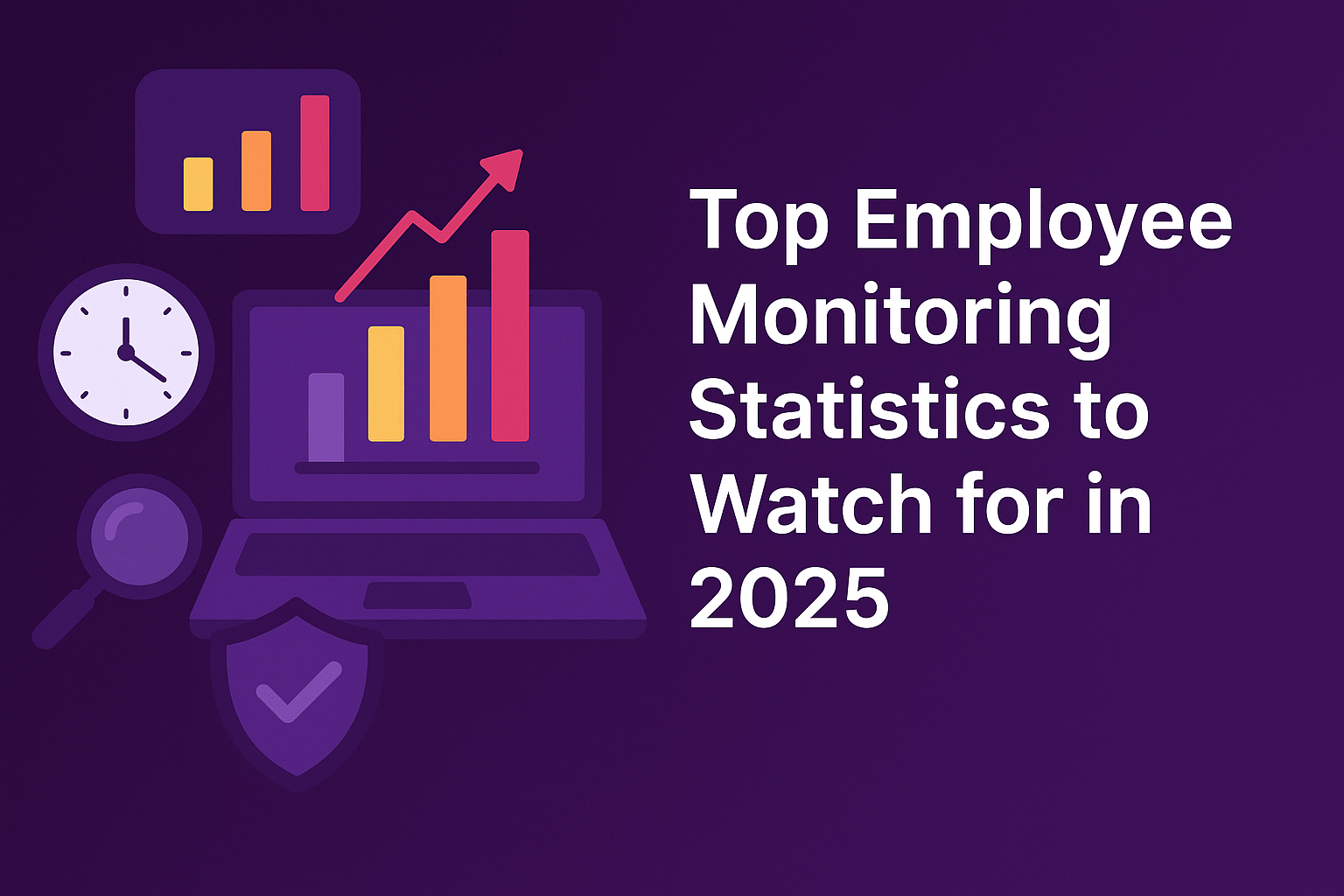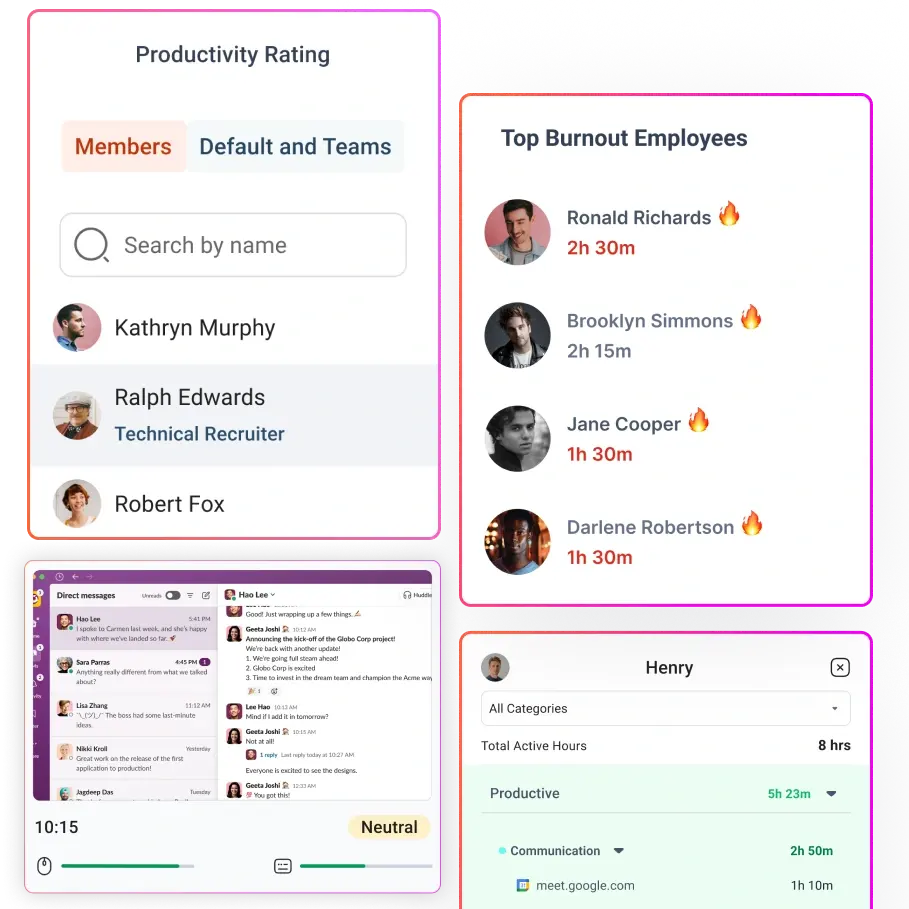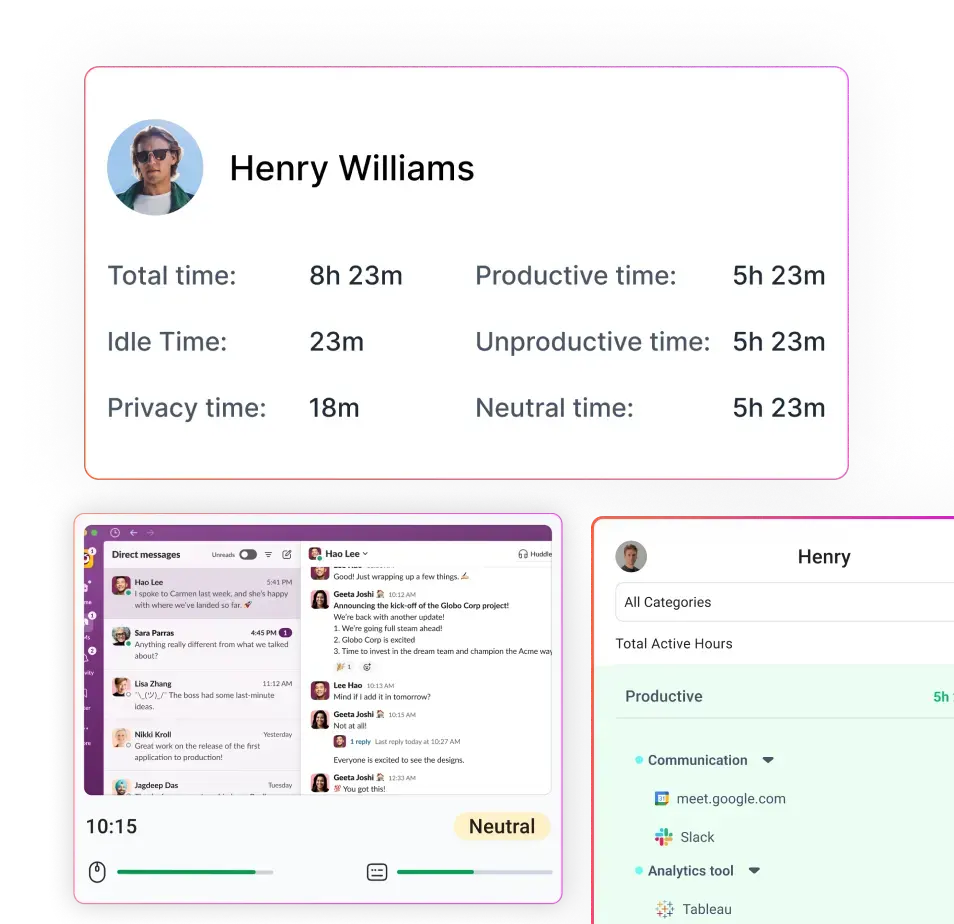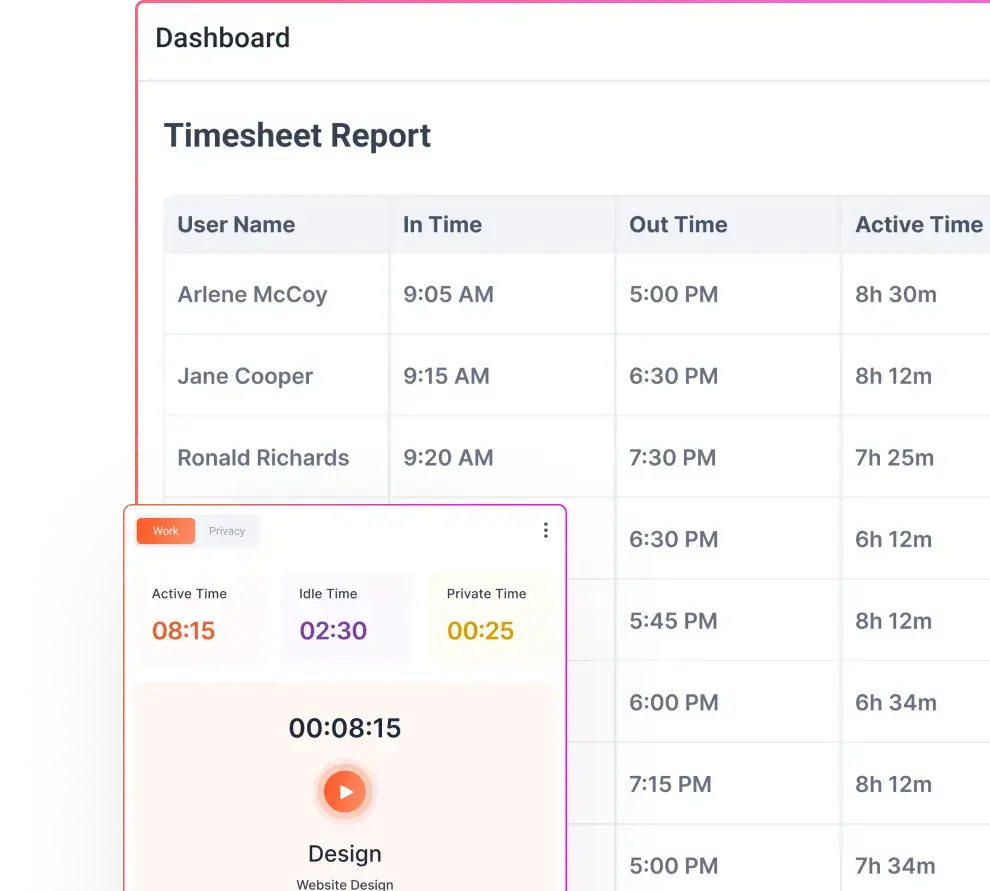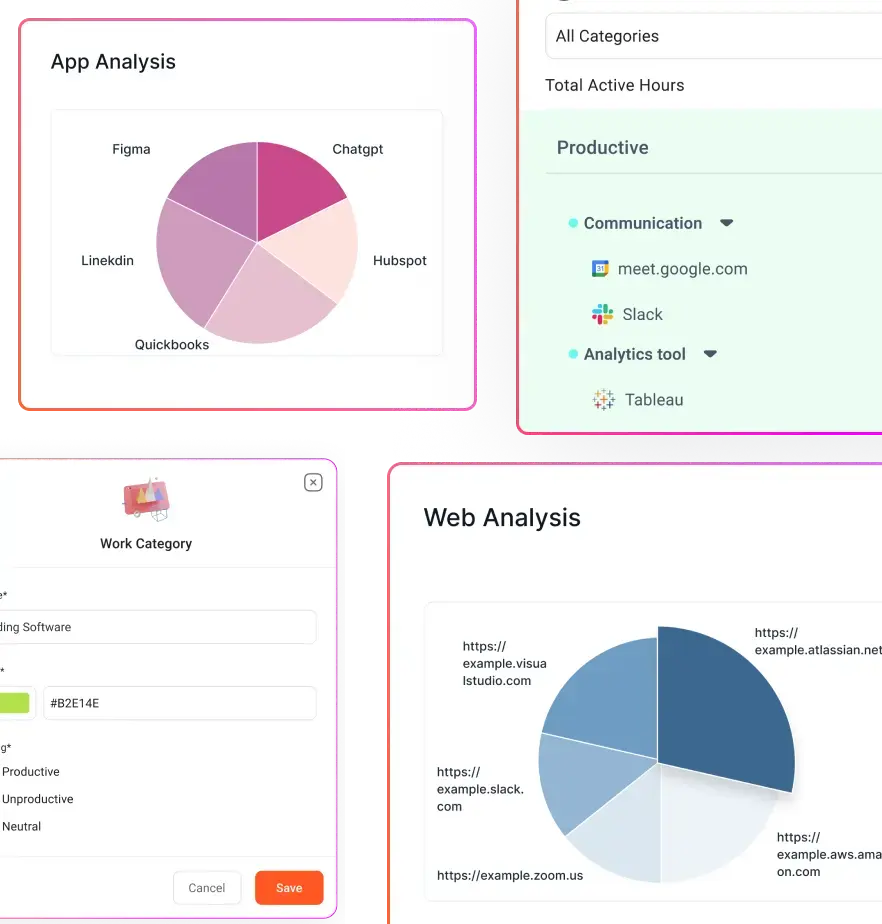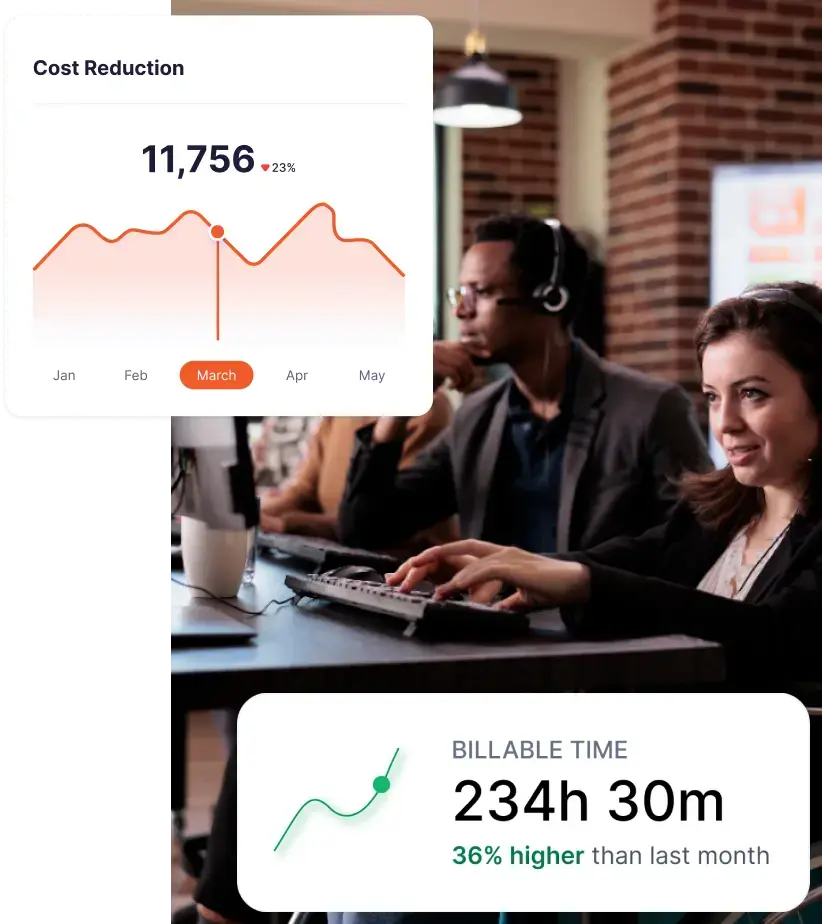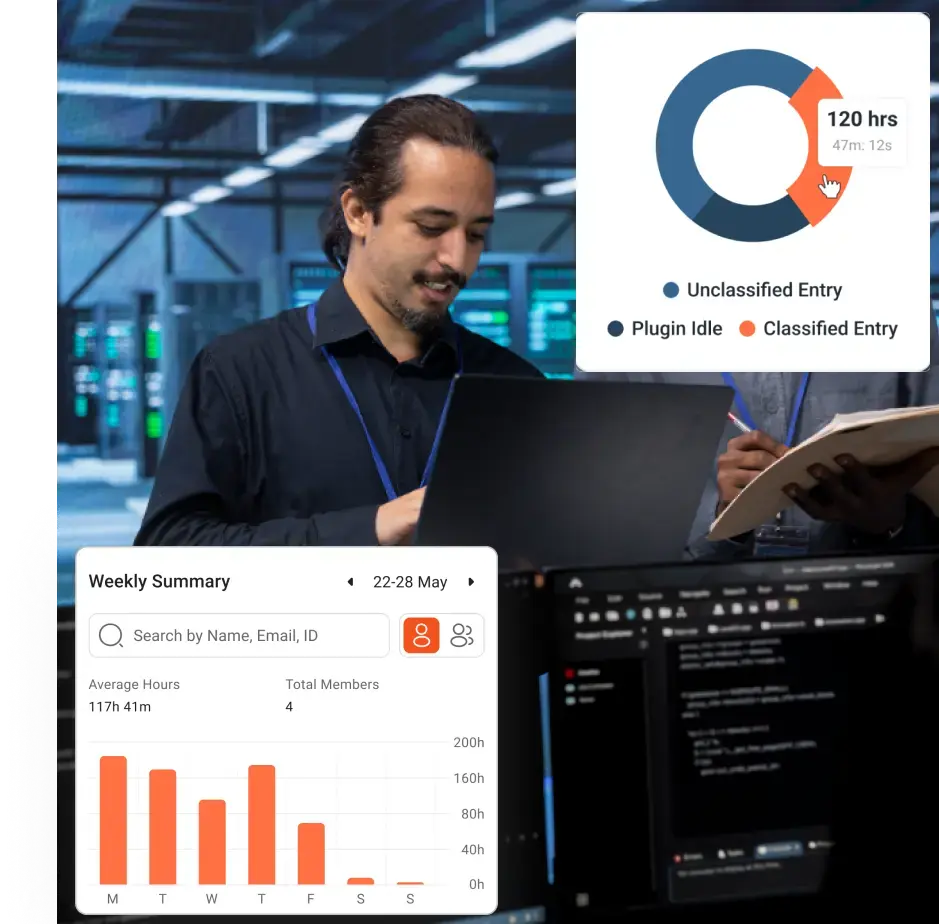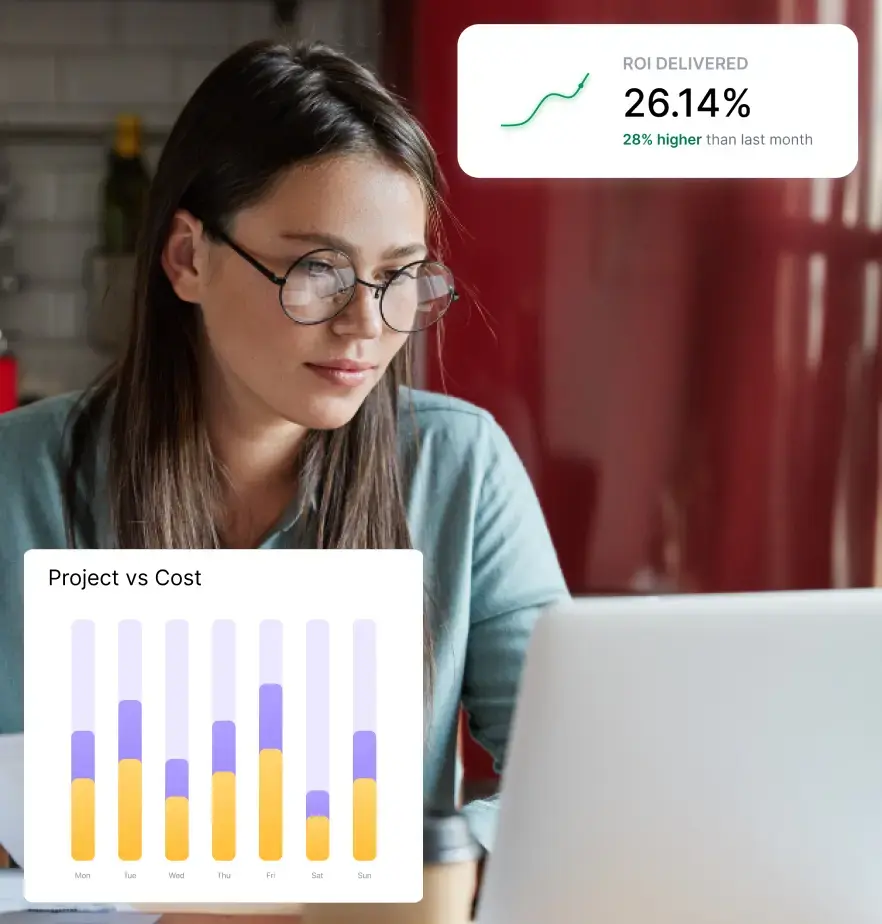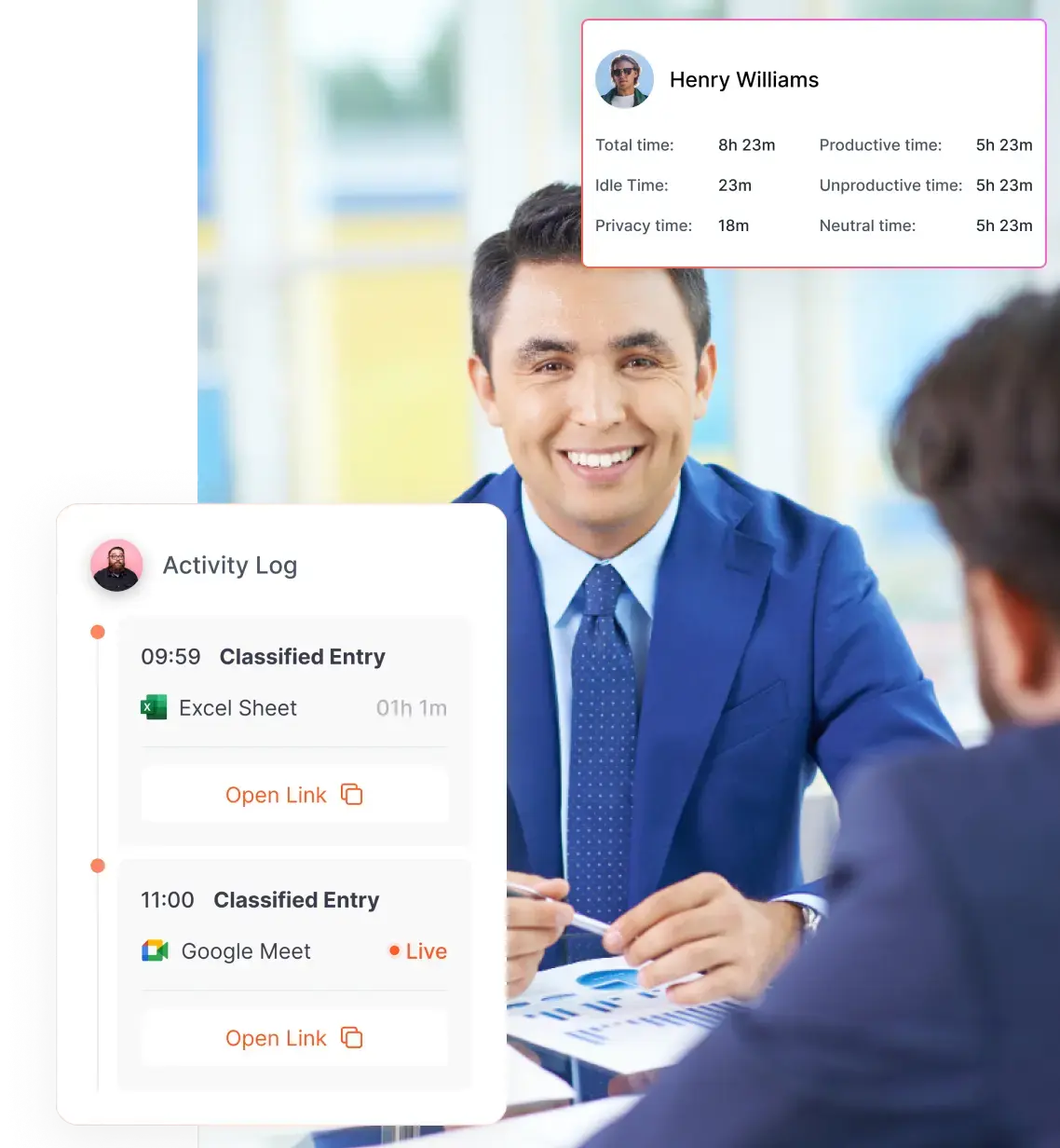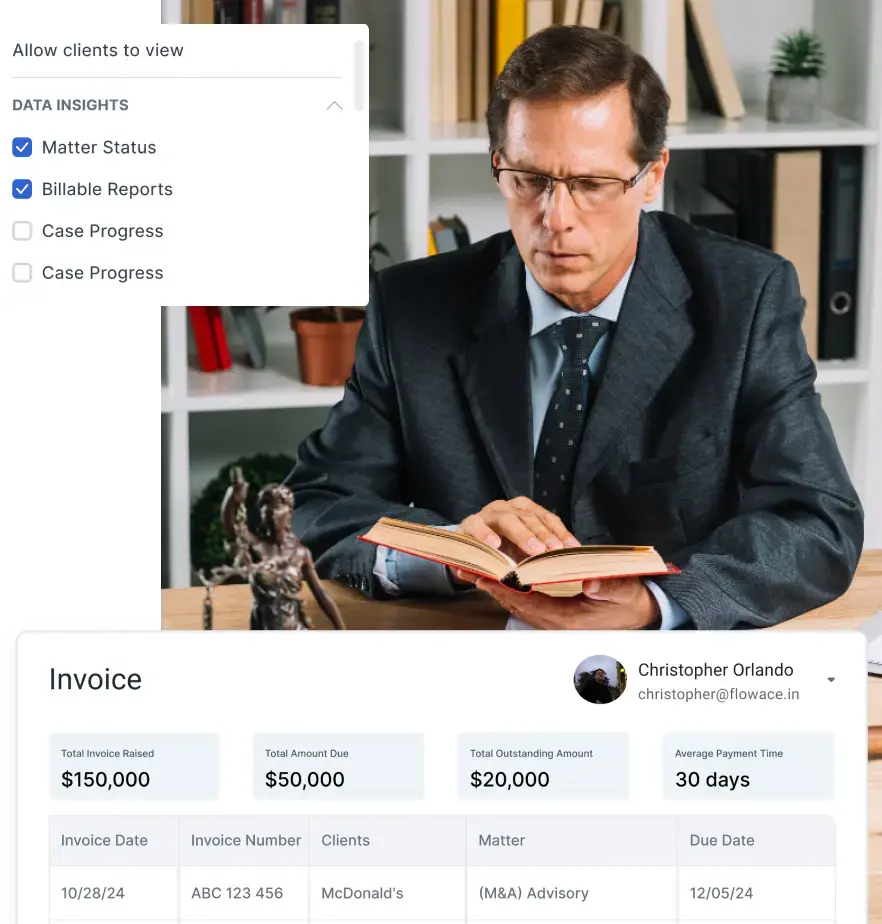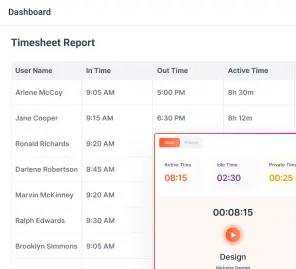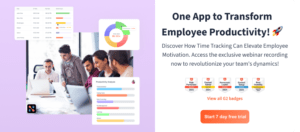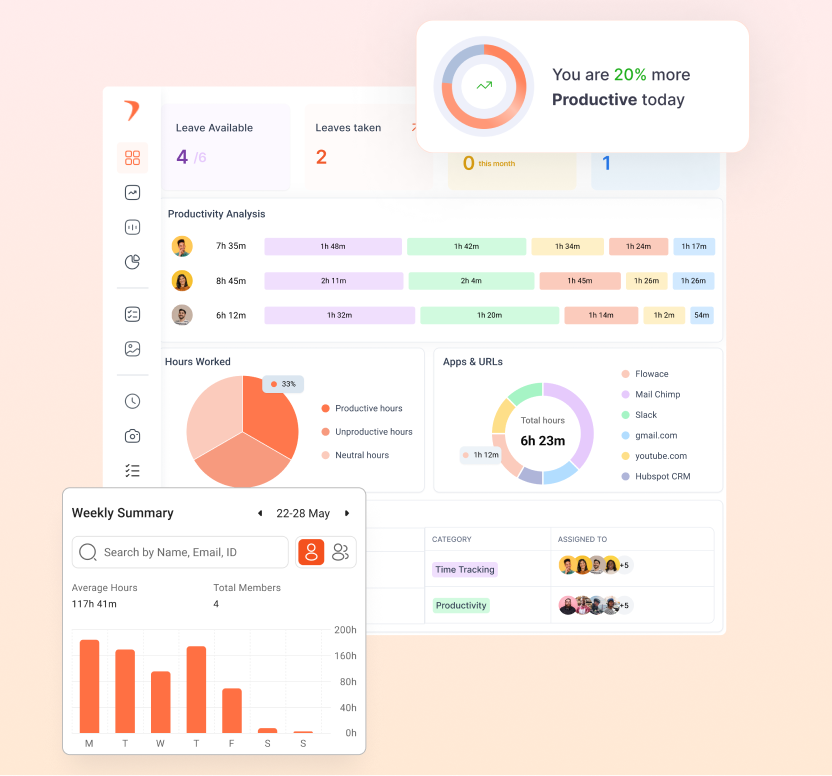Keeping an eye on employees isn’t a new concept. Back in 1888, William Le Grand Bundy invented the time clock, a basic form of employee monitoring, to track when workers started and finished their day—the humble “Bundy Clock.”
More than 120 years later, we’ve entered the digital age, where Bundy’s efforts have evolved into fully digital screen monitoring software. But how did we get here? What societal and work changes led to the need for monitoring PC activity? And why is it becoming increasingly popular?
Join us on a journey through history and sociology to uncover the technological and socio-economic shifts that paved the way for the phenomenon of web-based employee monitoring software. Let’s dive in!
Key takeaways:
- Long history of employee monitoring – From the 1888 “Bundy Clock” to today’s AI-driven software, workplace tracking has evolved alongside industrial and technological changes, especially with globalization and remote work.
- Digitalization and remote work fuel demand – The rise of digital data, hybrid setups, and geographically dispersed teams has made PC activity monitoring essential for productivity and security.
- Wide range of functions – Modern employee monitoring tools (like Flowace) track productivity, manage distractions, prevent insider threats, handle leave/payroll, and improve workforce management.
- Security and compliance – Monitoring isn’t just about productivity; it safeguards sensitive company data from both external cyber threats and insider risks.
- Transparency matters – Employee trust depends on clear communication about what data is collected, why it’s collected, and how it will be used.
- Proven productivity boost – Tools like Flowace report measurable improvements (e.g., 31% increase in productivity) while supporting better work-life balance in hybrid work models.
How did it start?
The journey that led us to the need for employee monitoring. It all began with the First Industrial Revolution, and ever since, we’ve been on a roll—producing more, buying more, doing more, and yes, hiring more. The 19th-century introduction of free trade and globalization set the stage for today’s world.
Fast forward to the present, and we’ve got massive corporations spread across multiple offices and different countries, each with thousands of employees. Wrangling such numbers is no easy feat without some software to monitor PC activity. A modern productivity tracker now plays a crucial role in helping businesses maintain efficiency and accountability across such large, dispersed teams.
As economic growth surged, so did general education, branching into various specialties and industry niches. Now, overseeing this vast workforce isn’t just about numbers; it’s about having universal criteria for tracking performance. Enter screen monitoring software with its nifty productivity measuring features—it’s the solution we didn’t know we needed.
History of employee productivity monitoring
Employee productivity monitoring has been around for quite a while. Picture 19th-century factory supervisors keeping a close eye on workers to ensure they were keeping up. Fast forward to today, and we’re still monitoring, but with a modern twist.
Enter the COVID-19 pandemic, which is reshaping the workplace landscape. Now, more organizations are embracing remote or hybrid setups, fueling the need for employers to dive into employee monitoring practices.
Back in the day, a quick scan of a room told you who’s typing away on documents and who’s caught up in newspapers. But today, it’s not that simple. Working in Word or scrolling through CNN online looks the same. That’s where the desktop activity monitor steps in.
Digitalization brought another challenge—almost all company data and confidential documents are now on computers. Employee monitoring has become necessary to safeguard this digital treasure trove and keep tabs on how it’s accessed, used, and shared. Welcome to the evolving world of productivity tracking!
What is web-based employee monitoring software?
Employee monitoring software is a form of workplace surveillance where employers collect data on their employees’ productivity, location, and computer usage while respecting employee privacy.
This software is versatile; it works whether employees are working from home or on-site during regular hours. On the market, you’ll find various employee monitoring apps and software designed to gather data on user activity. They offer valuable insights to identify bottlenecks, optimize processes, and boost productivity.
This active data collection includes details like app usage, when employees are most productive, and the total time spent on non-essential tasks.
These different types of employee activity tracking software clearly show how things work inside and outside the company, giving a comprehensive view of productivity. It’s all about understanding and optimizing the working procedure.
Why should you use employee monitoring software?
Organizations that have embraced this technology have found a boost in business efficiency. Plus, with the rise of flexible working models, employees are happier and more engaged. It’s a win-win for both employers and employees.
- Employee activity monitoring
- Manages distractions
- Easy leave management
- Productivity monitoring
- Workforce management
- Prevents data theft
- Easy to calculate payment and billing
- Employee engagement
Now, the challenge lies in choosing the right employee remote monitoring software. The market is flooded with various computer monitoring tools, making it tough for employers to pick the best fit for managing their business.
Let’s introduce you to Flowace—an employee monitoring software that seamlessly manages remote work and office tasks. It’s the solution you’ve been looking for!
Employee activity monitoring
User Activity Monitoring (UAM) is a game-changer for companies managing online business. It helps companies closely monitor work hours and productivity, ensuring they know exactly what their employees are up to. When it comes to preventing insider threats, many employers find UAM to be the go-to solution.
Flowace, for instance, taps into UAM features like screenshot monitoring, tracking browsing history, and monitoring web/application usage. It even includes a keystroke logger for added insight.
This enables employers to track and prevent insider threats. It’s no wonder that many firms are adopting employee monitoring software like Flowace to keep tabs on business and work-related activities.
Manages distractions
Distractions are part of the game, whether you’re working in the office or remotely.
A report by Clockify sheds light on common distractions reported by employees during working hours:
- Browsing the internet (41%)
- Social media (37%)
- Emails (26%)
Now, enter monitoring software, especially the network monitoring kind. Employers can use this tool to understand how employees use the Internet during work hours. It’s a handy way to spot potential bandwidth hogs like YouTube and Netflix, saving both bandwidth and employee time.
But that’s not all—an employee monitoring solution can go a step further. It helps managers block distracting apps and websites, ensuring the team stays focused on the tasks that matter. It’s all about managing distractions and keeping the team on track.
Easy leave management
Web-based employee monitoring software offers a simple solution for hassle-free management of employees’ leaves.
With this system, firms can effortlessly track and manage all leave requests, approvals, and remaining balances.
The result? Fewer errors, less burden, and accurate leave records.
As the month ends, the HR department can smoothly handle employees’ payroll, armed with all the necessary leave records.
Productivity monitoring
Employee monitoring software isn’t just for big corporations; small and medium-sized businesses are jumping on board too. Why? Because it’s a powerful tool for monitoring productivity.
Even before the pandemic, preventing idle hours during work was a challenge. According to Harvard Business School, in 2018, over 78% of employees were idle during working hours, leading to losses of over $100 billion annually.
Then came the pandemic, making managing productivity an even more significant challenge with the rise of remote work. Enter employee monitoring software designed to tackle this issue. It tracks attendance and working hours and identifies any idleness that might lead to additional losses.
Take Flowace, for example. With it installed on employees’ computers, employers can quickly check productivity reports. It tracks productive work hours and highlights idle and offline time. This way, employers can ensure optimal work engagement and reduce time theft in their organizations.
Workforce management
Contrary to the belief that monitoring software is all about spying and micromanaging, modern tools offer excellent analytics. They gather valuable workforce data to help organizations understand their employees better.
Here’s how it works.
By monitoring work hours, organizations gain insights into areas where employees may struggle or excel. This information guides team leaders to arrange targeted training and coaching sessions, ultimately improving workforce management.
Moreover, monitoring software boosts time tracking accuracy by confirming employee activity on work devices. This becomes a crucial tool for catching employees engaging in time theft at work.
Prevents data theft
With remote work on the rise, scammers find it easier to target workers who might need to be more careful with their work devices. But here’s the catch—it’s not just an external problem. Insider threats are also lurking around the corner, posing a company risk. Even with firewall protection, the threat of data breaches due to negligent employees remains.
That’s where employee monitoring software comes into play. It’s not just about tracking work devices; it also deals with suspicious employees by monitoring their computer activities. User activity monitoring features provide a solid solution to prevent insider threats and keep your data safe.
Easy to calculate payment and billing
Many organizations opt for employee monitoring software development services, and one key reason is easy payment calculation and billing. This software accurately tracks employees’ performance, from working hours to completed projects.
When the month ends, organizations can easily calculate payments, generate accurate payroll reports, and create invoices based on the data gathered.
Employee engagement
Firms are embracing a hybrid work culture thanks to employee monitoring solutions. This allows employees the flexibility to work remotely, promoting a better work-life balance. This flexibility makes it easier to manage their professional and personal lives.
The key takeaway? It sparks motivation for employees to excel in their work, leading to improved engagement. As companies prepare to open offices, employees now have the choice to work remotely or in-office as needed.
Enter employee monitoring software, like Flowace, a valuable tool for employers to manage and monitor employee engagement, making the hybrid work model more feasible and productive.
What kind of data do employee monitoring technologies collect?
Employee productivity monitoring technologies are designed to gather data from multiple sources. This includes electronic communications, social media presence, location data, and productivity tracking.
The challenge lies in the notion that “productivity” is highly context-specific. These technologies often detect time spent on tasks, utilizing tools like log-in monitoring, mouse or keyboard trackers, and more. However, it’s crucial to note that these measures only sometimes indicate an employee’s overall performance.
Despite the risks involved, there’s potential to leverage this technology effectively. When used thoughtfully, it can enhance the employee experience and boost productivity. It’s all about finding the right balance and maximizing the available tools.
How do employees feel about employee productivity monitoring?
We know it benefits employers, but how do the employees feel about web-based employee monitoring software following them around? According to a Gartner survey in April 2021, 40% of employees reported receiving no communication from their organization regarding collecting and using productivity data.
Even when communication exists, it often needs more quality, resulting in more understanding and awareness among employees about using their data.
To gain employee trust and cooperation, HR leaders can foster transparency by clearly communicating the types of personal information collected, the reasons behind data collection, and who has access to that data. It’s essential to convey when data collection occurs, as some organizations monitor activities outside regular business hours.
Transparency benefits employers as well. Employees who are well-informed about the reasons and methods of data collection tend to exhibit a higher willingness to go above and beyond their duties and demonstrate higher levels of trust compared to their peers. It’s a win-win with open communication.
11 Top Employee Productivity Tracker in 2026
List of top time and attendance tracking software:
- Flowace
- TimeDoctor
- Monday
- Wrike
- ClockShark
- Connecteam
- Beebole Timesheet
- QuickBooks Time
- TimeCamp
Why Should You Choose Flowace?
Flowace stands out as an impressive AI software, seamlessly integrating robust capabilities with a profound understanding of its users. Its impact is substantial, delivering an impressive 31% surge in productivity for 36,763 users in just 89 days.
What makes this even better is that this heightened productivity doesn’t come with any additional costs for the users. Flowace thrives on the synergy between idealism and productivity, striving for excellence.
This AI-powered tool, designed for employee productivity, provides teams with the essential resources to navigate the future while simplifying the complexities of the workplace.
What distinguishes Flowace.ai is its active engagement with both users and managers. Picture it as a motivational coach for work, efficiently guiding individuals to achieve more in less time while prioritizing a healthy work-life balance.
Boost by 31% using the innovative solution by Flowace!
Get Started for FreeFAQs
What is a web monitoring tool?
Web monitoring tools offer organizations automated services to track a website’s performance. They help understand user navigation, measure key performance metrics, and ensure continuous monitoring of a website’s effectiveness.
How can companies track employees?
Monitoring software allows employers to observe their employees’ activities on work computers. This includes tracking the time spent on social media, the websites visited, idle time, the content of work email accounts, and other relevant aspects.



